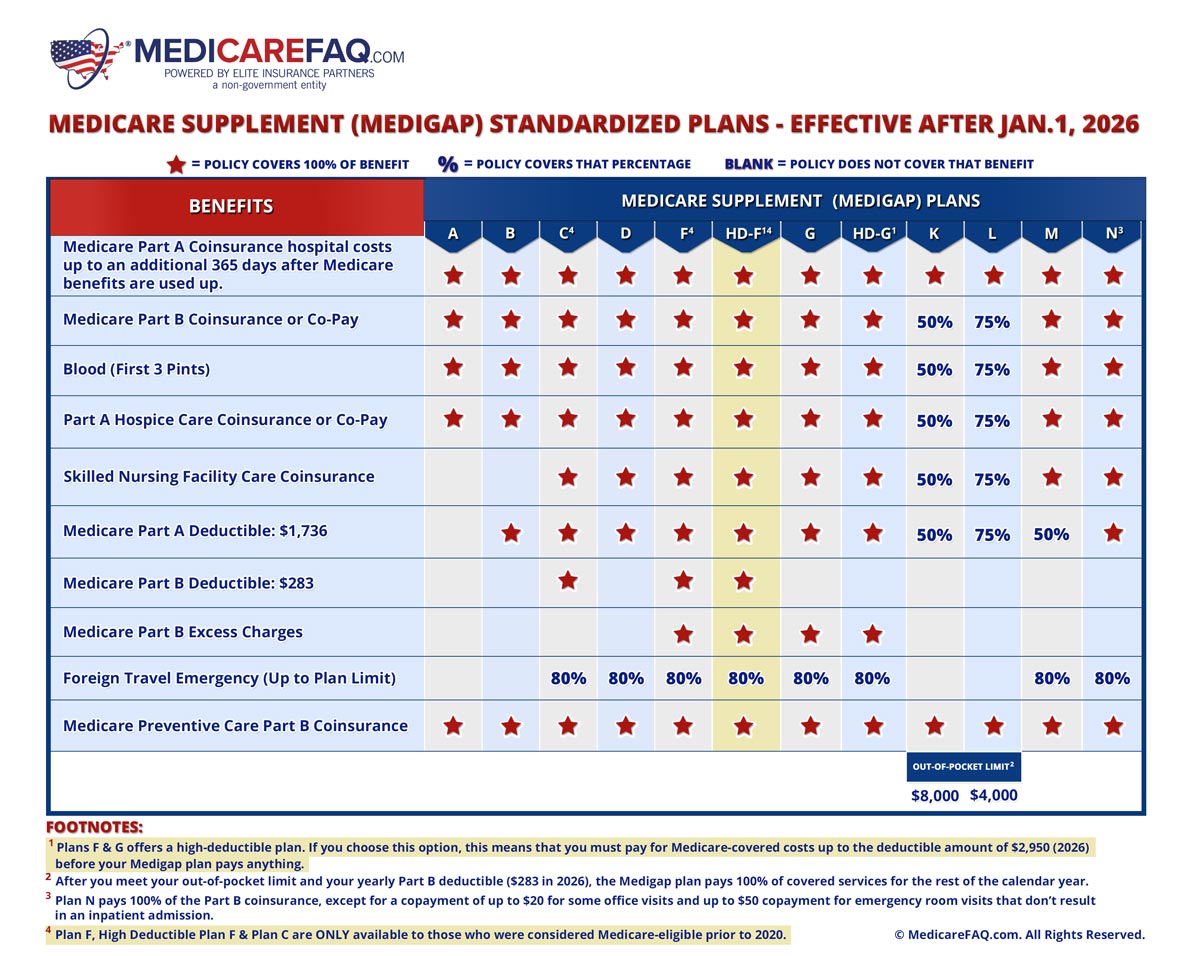Decoding the AARP Medicare Supplement Plan F Labyrinth
Medicare. Just the word can conjure images of confusing paperwork, endless phone calls, and a general sense of bewilderment. But fear not, intrepid healthcare explorer! We're diving deep into the often-murky waters of the AARP Medicare Supplement Plan F, a popular choice for those seeking comprehensive coverage. Is it the right life raft for you in the sea of medical expenses? Let's find out.
AARP, a trusted advocate for seniors, doesn't actually *offer* insurance. They endorse plans from UnitedHealthcare, a well-known insurance provider. This means AARP-branded Medigap policies, like Plan F, are offered through UnitedHealthcare. These supplemental plans, often called Medigap, help fill the "gaps" in Original Medicare (Parts A and B). Imagine Plan F as a trusty sidekick, swooping in to cover costs like copayments, coinsurance, and deductibles that Original Medicare leaves behind.
So, what's the deal with this "Plan F"? Historically, it offered the most comprehensive coverage available, picking up virtually all out-of-pocket expenses. This made it incredibly popular, especially among those with pre-existing conditions or anticipating significant medical needs. However, changes to Medicare regulations in 2020 meant that Plan F is no longer available to those newly eligible for Medicare. If you already had Plan F before this change, you can keep it. But if you're newly eligible, you'll need to consider other options, like Plan G, which is very similar but requires you to pay the Part B deductible.
The importance of a Medigap plan like Plan F (or Plan G for newer beneficiaries) lies in its ability to provide predictable healthcare costs. Original Medicare, while valuable, leaves you open to potentially significant out-of-pocket expenses. A supplement plan helps mitigate this risk, offering peace of mind and financial stability in the face of unexpected medical bills. One key issue to consider is the cost. Plan F premiums tend to be higher than other Medigap plans due to its comprehensive coverage.
Understanding the intricacies of AARP's Medicare Supplement Plan F (offered through UnitedHealthcare) requires deciphering some insurance jargon. "Coinsurance" is the percentage of a medical bill you're responsible for after meeting your deductible. "Copayment" is a fixed dollar amount you pay for a specific service. Plan F, before it was closed to new enrollees, covered *both* coinsurance and copayments, leaving you with virtually no out-of-pocket expenses beyond your monthly premium. For example, if you had a $1,000 medical bill with a 20% coinsurance, Plan F would cover the entire $200 you would otherwise owe.
Benefits of AARP Plan F (for those who already have it): Predictable costs, comprehensive coverage, peace of mind. Disadvantages of AARP Plan F: No longer available to new Medicare beneficiaries, higher premiums. AARP offers a range of other Medigap plans (through UnitedHealthcare) worth exploring.
Frequently Asked Questions: 1. What is the difference between Medicare Advantage and a Medigap plan? 2. Can I switch Medigap plans? 3. How do I enroll in an AARP Medigap plan? 4. What is the Part B deductible? 5. What is Plan G? 6. What other Medigap plans are available? 7. How much do Medigap plans cost? 8. Can I travel with a Medigap plan?
Tips and Tricks: Compare plans carefully. Consider your healthcare needs and budget. Consult with a licensed insurance agent.
Navigating the world of Medicare can feel overwhelming. But understanding your options is crucial for securing your healthcare future. While the AARP Medicare Supplement Plan F is no longer an option for new Medicare beneficiaries, it serves as a prime example of the kind of comprehensive coverage that can be available. For those already enrolled, it continues to provide valuable peace of mind. For those newly eligible, exploring alternatives like Plan G, offered through UnitedHealthcare under the AARP brand, is essential. Take the time to research, compare plans, and choose the option that best suits your needs and budget. Your health and financial well-being depend on it. Don't be afraid to reach out to resources like the AARP and Medicare.gov for more information and personalized guidance. Making informed decisions today can empower you to face healthcare challenges with confidence tomorrow.
Unlocking the potential of behr gray cloth your guide to this versatile paint color
Discover the charm of berry springs rv park georgetown texas
Cool ashes behr paint transform your space with this chic shade





